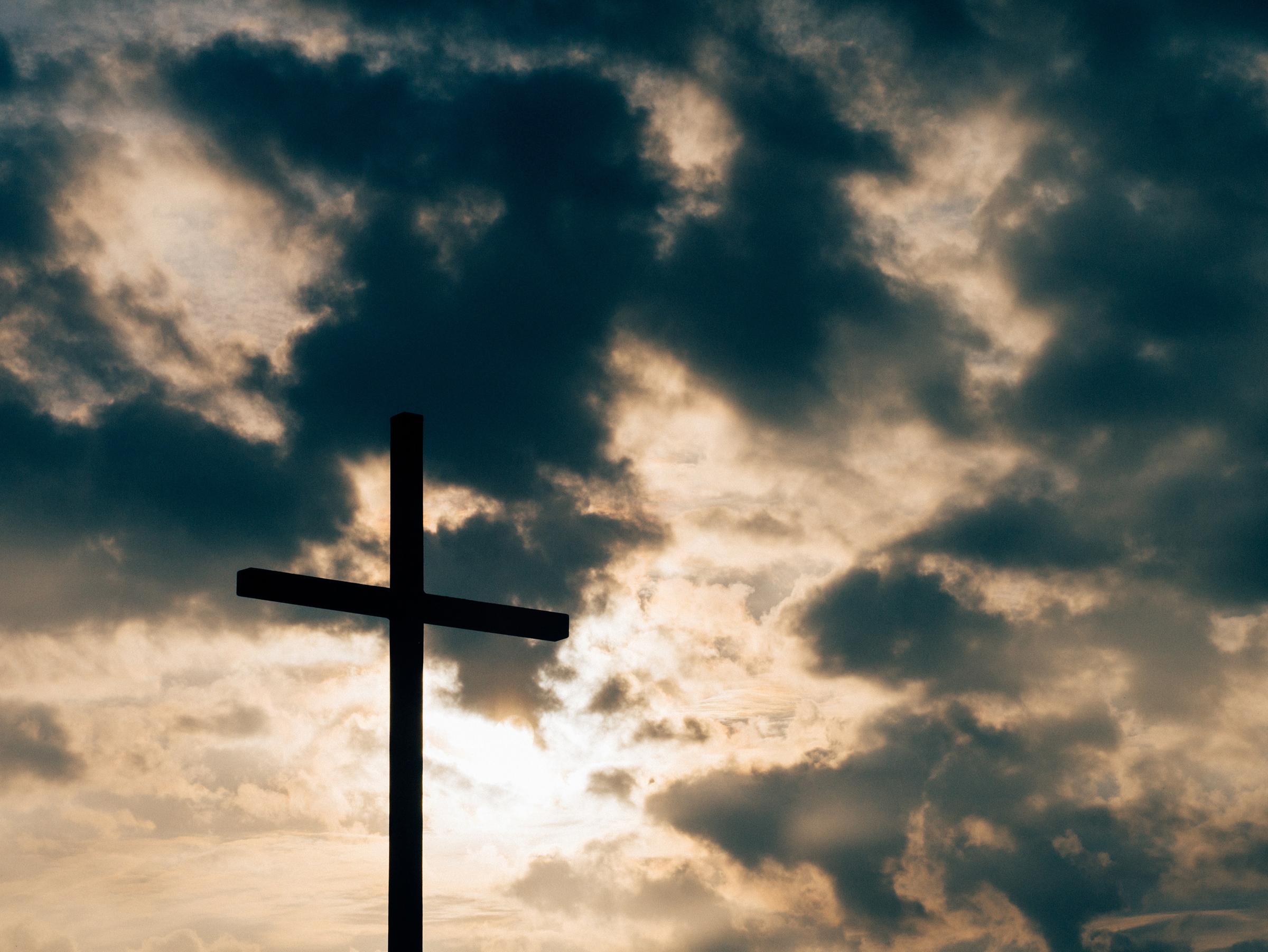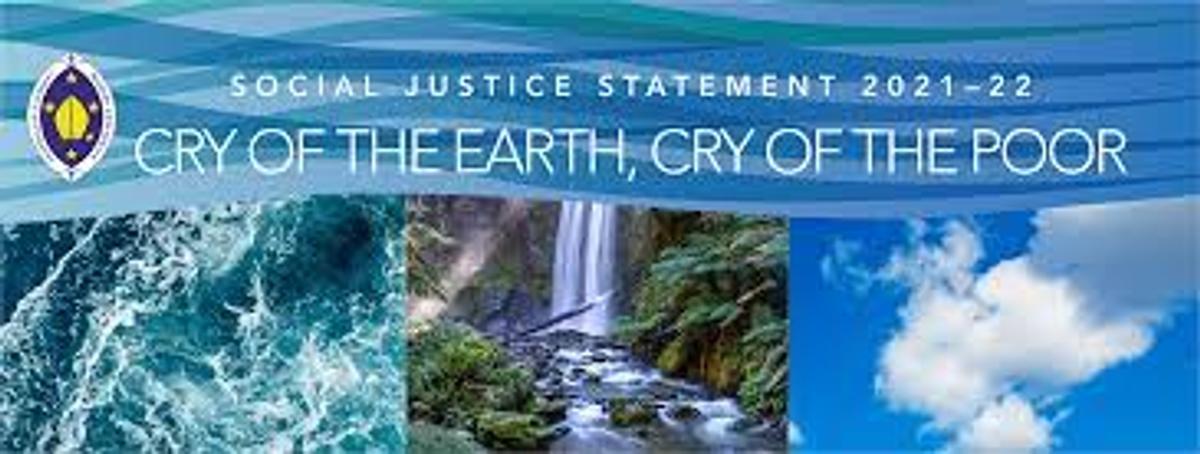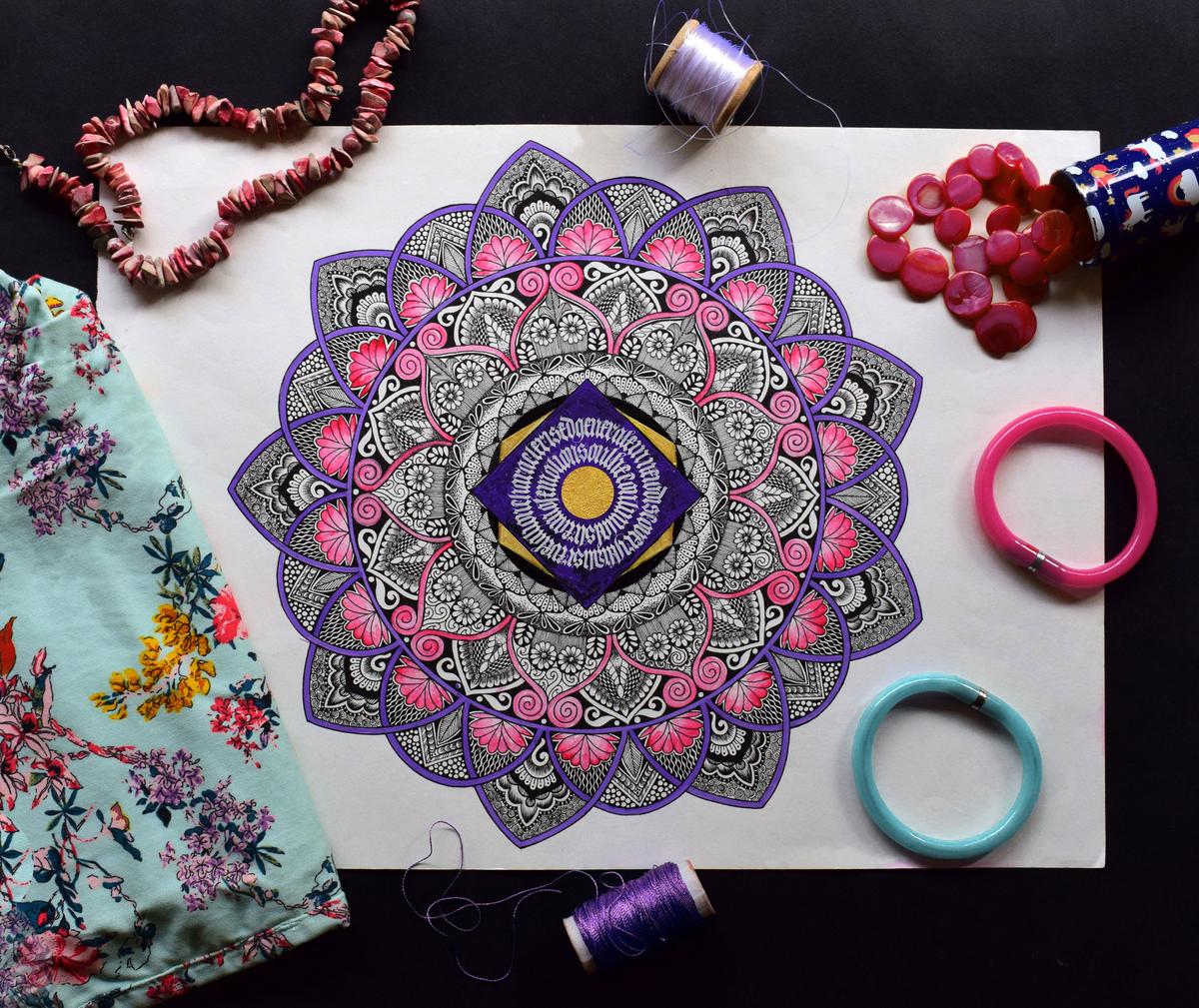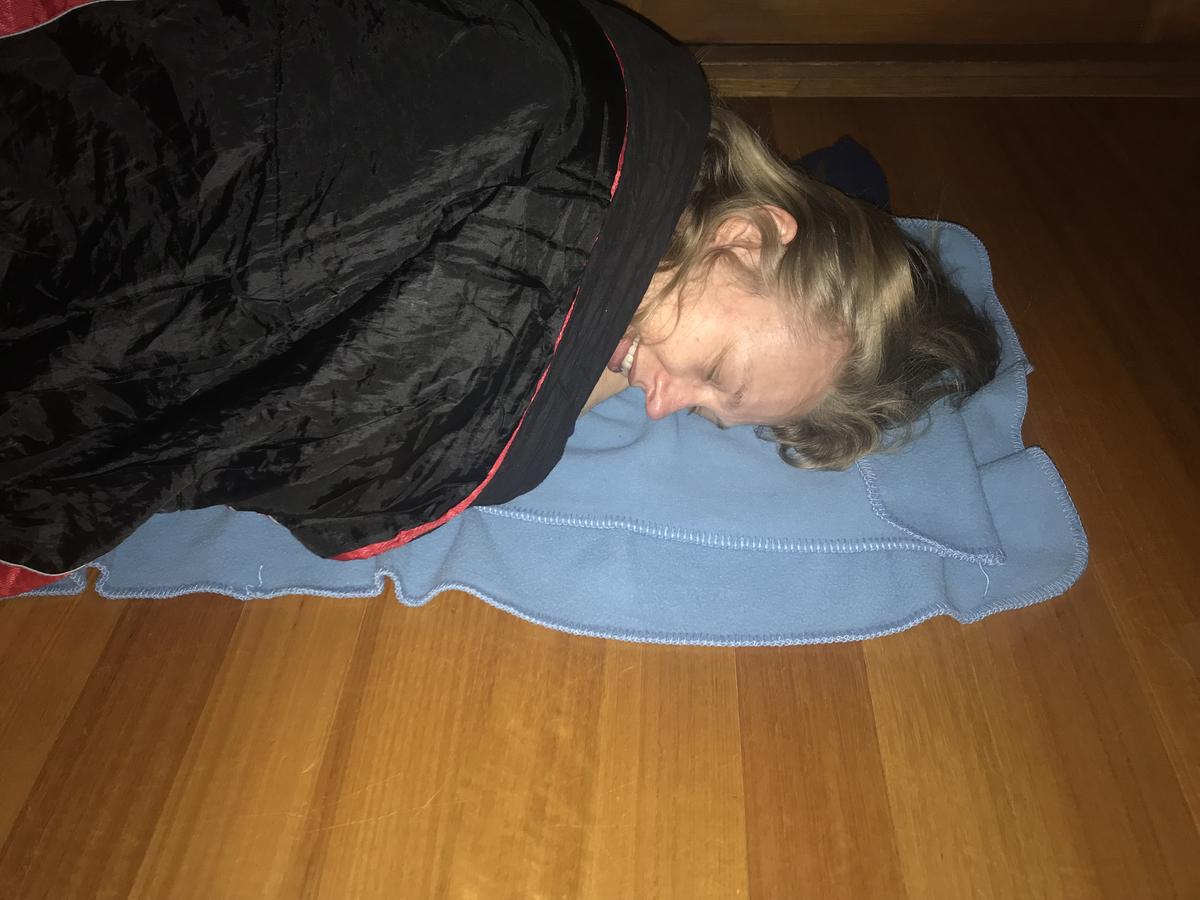Religious Dimension

Social Justice Sunday and Day of Prayer for the Care of Creation
Yesterday was Social Justice Sunday and the release of The Bishops’ Social Justice Statement 2021-22: Cry of the Earth, Cry of the Poor. It draws from Scripture, from the theological tradition, from Catholic Social Teaching and from the wisdom of the world, including the insights of the First Nations andaffirms that “We human beings need a change of heart, mind, and behaviour”. The Social Justice Statement 2021-22 provides theological foundations to ground and inspire efforts to care for creation while responding to the needs of the disadvantaged and excluded. The Statement reflects on creation in and through the Trinity; the sacramentality of all created things; the wonder and beauty available to the contemplative eye; and the need for conversion and change of life.
In the Statement, the Bishops invite the whole Catholic community to join them in taking up Pope Francis’ invitation to a seven-year journey towards total ecological sustainability, guided by seven Laudato Si’ Goals. These Goals are: response to the cry of the earth; response to the cry of the poor; ecological economics; sustainable lifestyles; ecological spirituality; ecological education; and community engagement and participatory action.
This Wednesday is 1 September, the first day of Spring. In 2016 Pope Francis nominated
Wednesday 1 September as a Day of Prayer for Creation in the Catholic Church. His initiative was more than simply Catholic interest. He wanted to enlist Catholics into a universal movement of passionate concern for the environment. He demanded that care for the environment stand at the centre of economics, politics, social interactions and human reflection.
In the day of prayer, too, he wanted to bring together concern for people disadvantaged by inequality and greed in the world, contemplative wonder at the beauty and complexity of creation, and the vision of just relationships between human beings and with the environment. Together these help to shape a world fit to pass on to our grandchildren.
Fr Andrew Hamilton Catholic Teacher, 2018
We link Religious Education with other curriculum areas here at St John’s. This is so that we link our faith with life and Religious Education doesn’t become something we only think about for a couple of hours a week but rather an important part of all we learn and do. You may have heard your children discussing being a Steward of God’s Creation. Stewardship of creation is one of the Catholic social teaching principles that we teach and put simply, means that we are responsible for looking after the world in which we live. In 2015 Pope Francis wrote an encyclical titled Laudato Si' - On Care For Our Common Home. You may like to pray for creation this week as a family or participate in some of the following activites.
Family Activities
This collection of nature-based activities for the whole family seeks to encourage a shared sense of awe and contemplation about nature, leading to a renewed sense of commitment and action towards the protection of the planet and people. These activities take into consideration the current pandemic circumstances, including restricted movements from the home, and the burdens of home learning and working from home responsibilities. It is our hope that these activities are a gentle way in which families can take some time to connect with nature and each other.
Create a Nature Mandala
A mandala is a design, drawing or painting held within a circle. They are very popular today especially in colouring books. You can make one in your own backyard, on a family walk or you could draw one in chalk on the footpath. Traditionally a mandala begins in the centre of the circle and is designed outwards like the spokes on a wheel.
As a family create a nature mandala from sticks, leaves, rocks, bark etc that you gather on a walk. It’s a good idea to set out with the idea in mind to collect certain items. For example, collect:
• 5 sticks
• 4 green leaves
• 3 brown leaves
• 2 rocks
• 1 colourful item.
It could be used as a creative activity or you could use it as a prayer experience. To create prayer time you might like to pray for different things as you place different items down in the design. For example; when you place heavier items down such as rocks this might be prayers for the struggles you are facing, green leaves could be the things that give you life, flowers might be the things that bring you joy, brown leaves might be some of the people in your life and sticks might be the things you are working towards. Each person might add to the mandala or create their own.
Nature Collage
Collect different coloured and shaped leaves, sticks, rocks etc that you see in your garden or on your walking path. Create pictures using these items. The pictures could be glued to paper or alternatively they can be created on the ground. It’s always fun to take photographs of your artwork, that way you have a memory and you don’t have to keep a piece of paper.
Burguu Matya
This is a game attributed to Australian Aboriginal culture. It is similar to naughts and crosses, however it develops patience and lateral thinking as well.
Equipment:
• 3 x 3 grid (The same as naughts and crosses)
• 2 x 3 sets of stones/counters, each with different designs
Rules:
1. The aim of the game is to get three stones or counters in a row, vertically, horizontally or diagonally.
2. Players take their turns placing their stones on the grid.
3. If when players have finished using all their stones no one has made a line of three, they continue taking turns moving one stone at a time either horizontally, vertically or diagonally until a line of three is made.
4. Players cannot jump squares; they can only move to an empty space.
For further instructions please visit: https://burguu-matya.herokuapp.com/
Soundscapes
Using a recording device such as an iPhone, iPad, iPod or tablet, set out to record as manydifferent natural sounds as you can. Listen carefully for sounds such as different bird calls,other animals, wind in the trees, footsteps, leaves blowing along the ground or running water.Options:
• When you return from your walk play the soundscape back and see how many different sounds you can identify.
• Make a list of sounds you think you might hear outside and see if you can record each one.
• Organise your family into teams and see how many different sounds your team can find.
• As you go to bed each night, you could play your sounds back and settle into restsurrounded by nature.
• Challenge yourselves not to record your own voices, making your collecting time silent or an activity in different forms of communication.
Our Vinnies Sleep Out
Unfortunately we were unable to hold a 'Winter Sleep Out' this year at school but thank you to the many students and staff who participated by 'sleeping rough' in their own homes. The aim of the evening is to deepen our understanding of homelessness as well as increase our communities awareness of the issue.
Father's Day
This coming Sunday is Father’s day. We all have a father, and almost any man can biologically father a child, but the irreplaceable and unique role of fathers is often little acknowledged. Fathers today are more likely to be closely involved and emotionally connected with their growing children than their grandfathers were. This is good news for children for many reasons.
Dads help their children thrive
Children do better academically, emotionally, and socially when their father has greater involvement in their lives. They tend to take more risks, while also developing greater self-discipline. Involved fathers are also more likely to have a stronger influence on their children’s moral development and religious belief and practice. The kind of involvement is important too. The most effective forms involve:
• Listening, encouraging, and conveying warmth
• Providing everyday assistance
• Providing reasonable and consistent behavior correction, and
• Facilitating children’s increased independence over time
Fatherly mentors
Where the dad is absent, the positive findings on fatherly influence still hold so long as the father substitute is a loved and trusted male such as a grandfather, uncle, or step-father.
On our baptism day, we become the beloved son or daughter of our Creator and Heavenly Father. Jesus showed us what our relationship with God the Father can be like, he called his Father ‘Abba’, an affectionate Aramaic name, much like Daddy or Papa. Do we feel this close to our Father in Heaven? Let’s try praying to our Father with an affectionate name that comes most naturally to us. It might feel a bit strange at first, but with practice we will feel more comfortable talking to God as a Father who loves us.
Monica O'Shannassy
moshannassy@sjmitcham.catholic.edu.au




